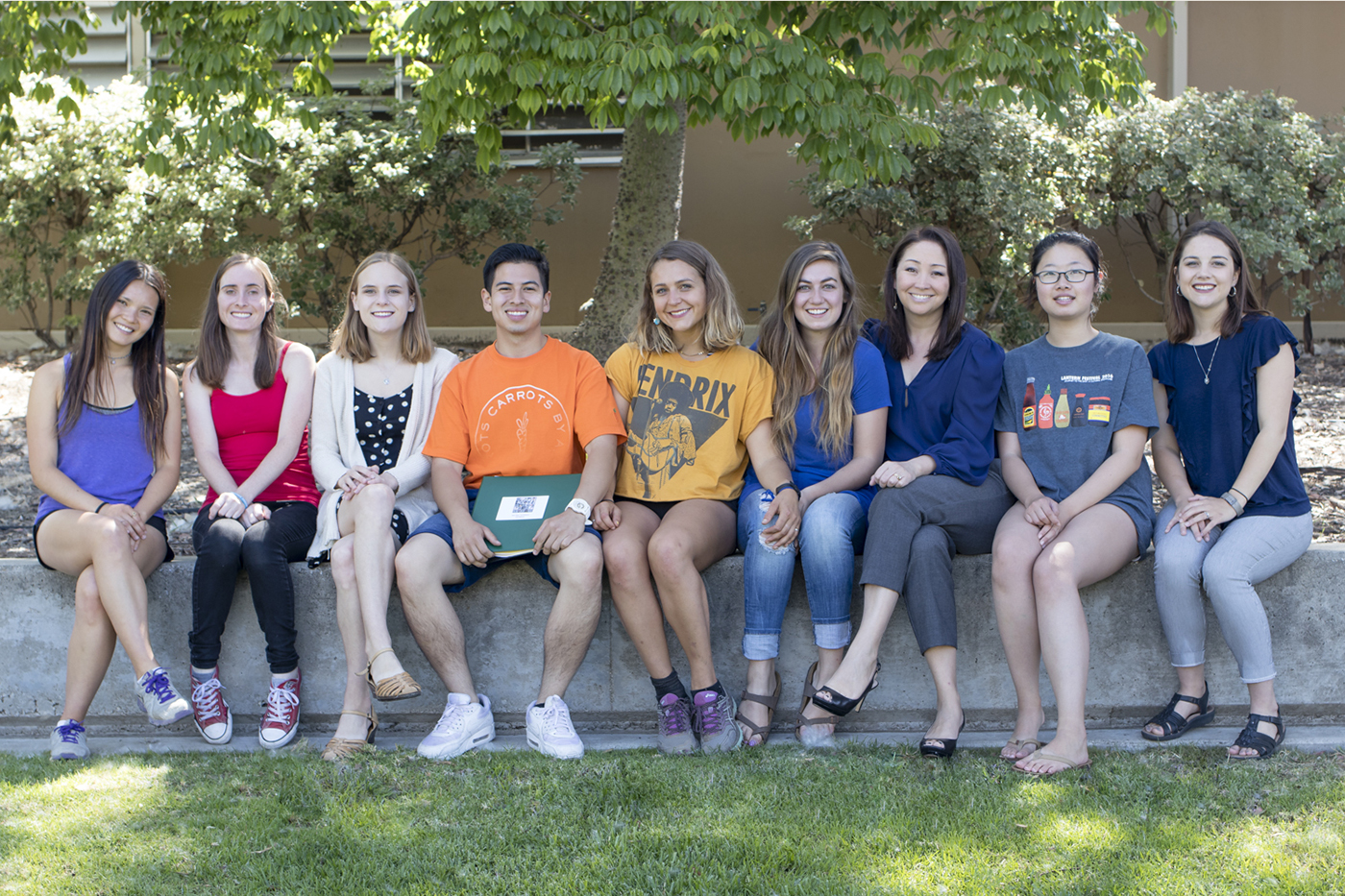The Cross Cultural Centers is partnering up with the College of Liberal Arts (CLA) to hold facilitator training for the Intergroup Dialogues (PSY 304) class.
The quarter-long training meets two hours per week and is open to all students. Students who complete the training will receive a certificate indicating they have completed Intergroup Dialogue training. Some students may also be selected to become facilitators in the Intergroup Dialogue class.
Intergroup Dialogues involves students from varying social identity groups — including race, gender, class and ability — holding face-to-face dialogues in a semi-structured manner. Students who participate in Intergroup Dialogues are meant to “become more self-aware of their own identities and values as well as those of others,” according to parent organization Intergroup Resources.
“In general we could use more of that across our country, in terms of being able to listen to each other and hear things and to understand that we see things different ways,” CLA Associate Dean for Diversity and Curriculum Jennifer Teramoto Pedrotti said.
While the Intergroup Dialogues training is not new, this is the first year in which the Cross Cultural Centers is a partner in the facilitator training, so a certificate will be awarded for the first time in program history, according to Teramoto Pedrotti, who also teaches the class.
A total of 30 students were trained in Fall 2019, with 30 more on the way in Winter 2020, Teramoto Pedrotti said.
In 2013, Cal Poly held its first training for Intergroup Dialogues, a program that initially began at the University of Michigan in 2012, according to Teramoto Pedrotti.
Cal Poly’s program differs from the University of Michigan’s, however, as Cal Poly offers the program as a four-unit course compared to the two-unit course at Michigan, Teramoto Pedrotti said. One half of the class is lecture-based, and the other half involves students meeting with facilitators.
Around 60-70 students enroll yearly in the course, according to Teramoto Pedrotti, while 15-20 students are waitlisted for the course.
Teramoto Pedrotti said the program is meant to teach students how to engage in respectful dialogues while navigating different topics.
“The goal is not to debate or to argue or really even to persuade someone to your way of thinking,” Teramoto Pedrotti said. “It’s to be able to share your perspective and also to listen to people who are different from you to hear their perspective back.”
She added that many students cannot be truly genuine in their social circles or everyday conversations because of social niceties, or things people say or do just because they are considered polite.
“The way this course is taught, people are able to kind of say, ‘Here’s what I think from my particular perspective,'” Teramoto Pedrotti said. “‘Here’s what I thought when you said that.’ You know, things like that, and it really helps students to understand each other well.”

